
Internet
10:23, 08-Mar-2018
Defendant appears via video chat at China's 1st Internet court
By Hou Na
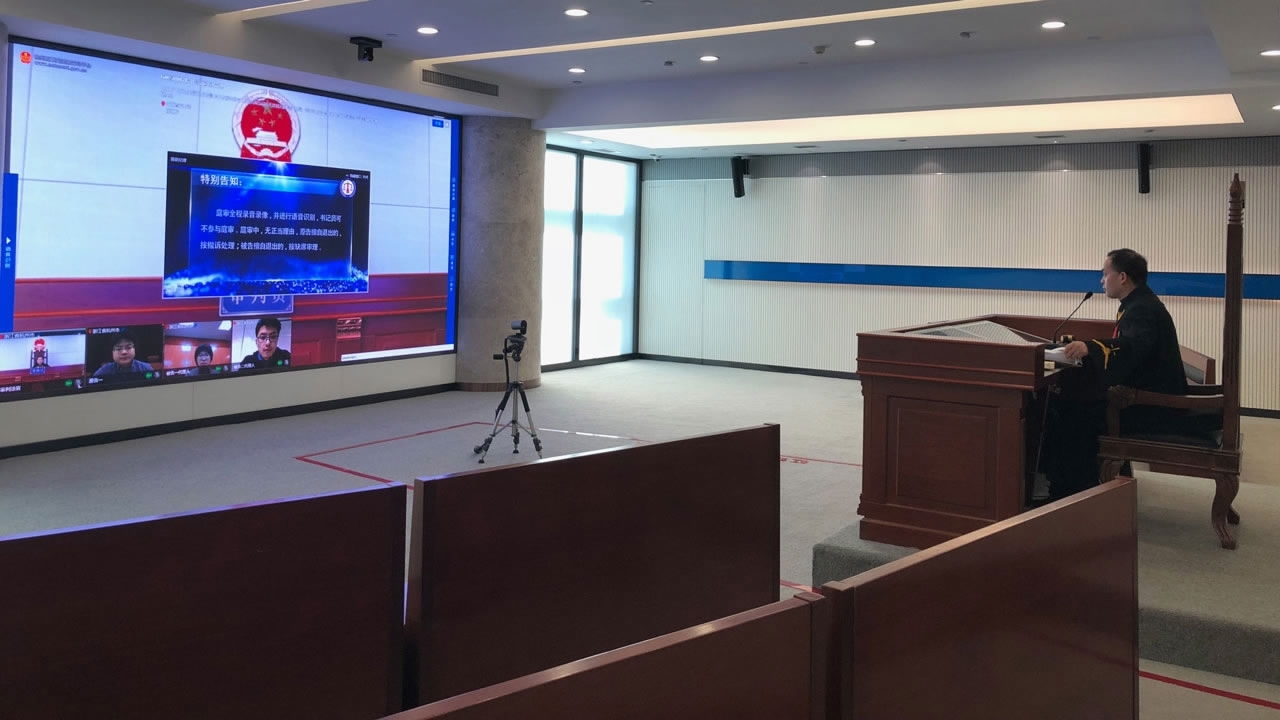
China's very first Internet court has been set up in the country's answer to Silicon Valley-Hangzhou, Zhejiang Province, where many technological enterprises like Alibaba are located. The court comes amid rapid growth of online purchases and financial activities in China and it aims to boost judicial openness and transparency amid ongoing judicial reform.
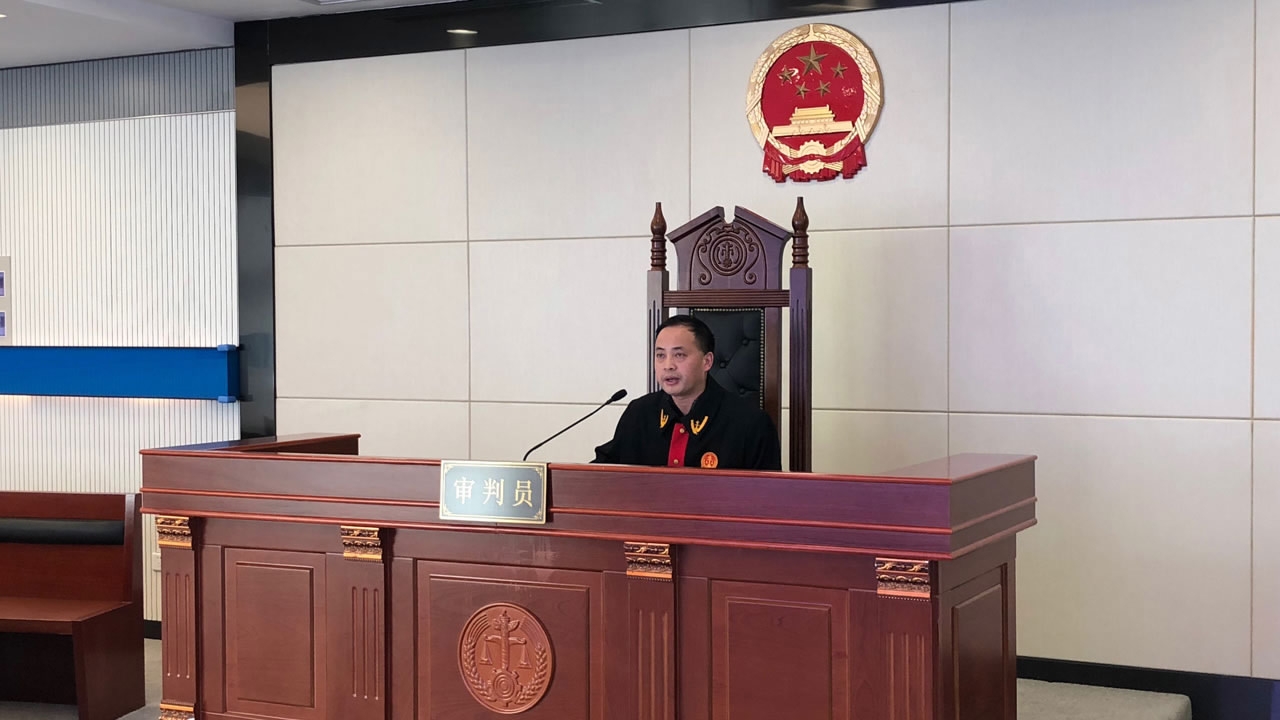
Wang jiangqiao, vice president of Hangzhou Court of the Internet, at work. /CGTN Photo
Wang jiangqiao, vice president of Hangzhou Court of the Internet, at work. /CGTN Photo
In this court, defendants and plaintiffs don't appear before the judge in person, but via video-chat.
This case is a copyright infringement dispute between an online costume designer and a film production company.
The whole process lasted only half an hour.
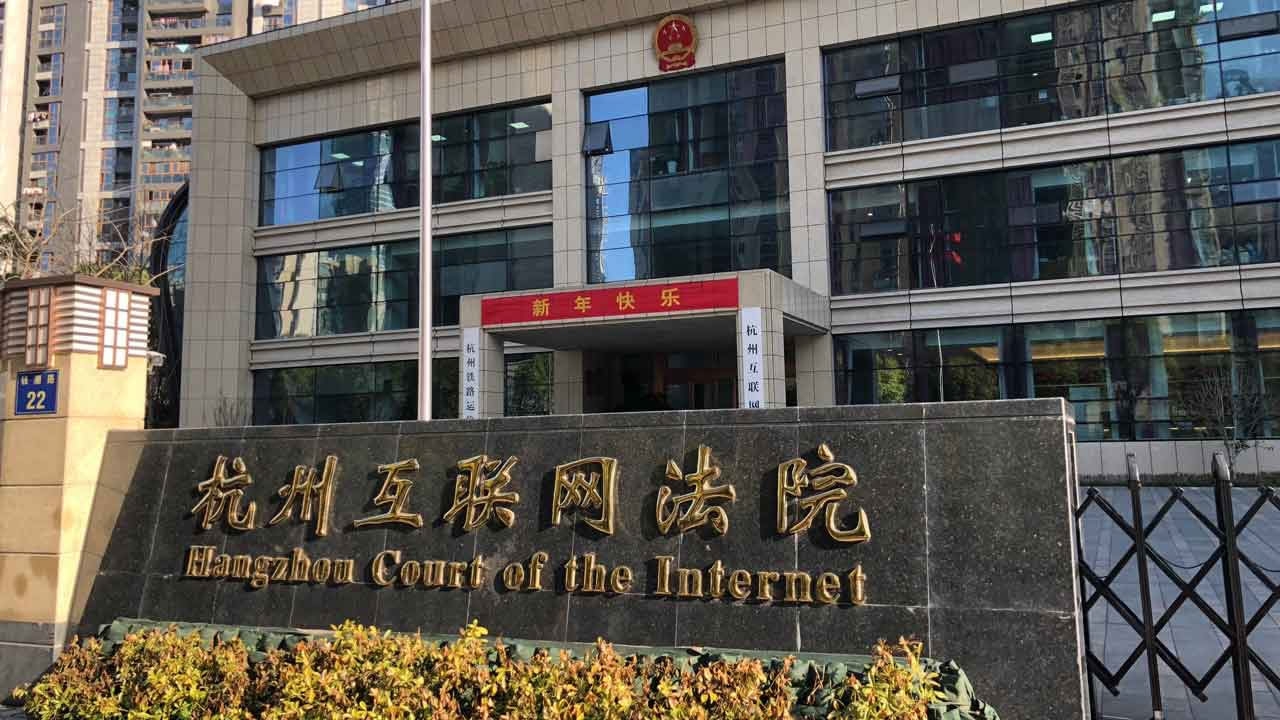
/CGTN Photo
/CGTN Photo
Wang jiangqiao, vice president of Hangzhou Court of the Internet, says the Internet court breaks geographic boundaries and greatly saves time compared to traditional hearings.
Their principle is "zero time on the way" and "zero cost" for the plaintiffs.
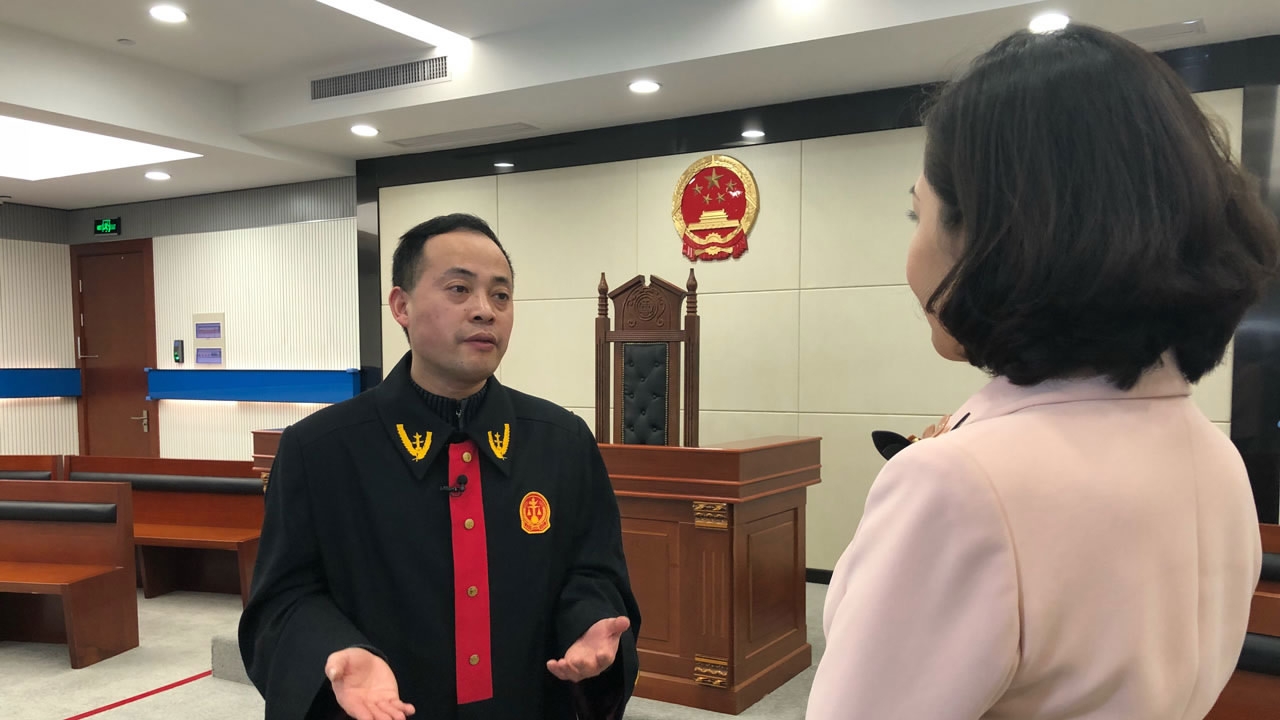
Vice President Wang talks with CGTN reporter Hou Na. /CGTN Photo
Vice President Wang talks with CGTN reporter Hou Na. /CGTN Photo
The court currently specializes in six types of civil and administrative Internet-related cases, such as those involving online intellectual property rights and e-commerce disputes.
A key feature of the system is that it allows litigants to handle a lawsuit entirely online-making lawsuits as convenient as online shopping.
It takes about five minutes for a plaintiff to register online and file a lawsuit. Legal fees can be transferred through Alipay or other banking options. Since it opened last August, the Internet court has received over 6,000 cases, nearly two-thirds of which have been handled.

Chen Zengbao, director of Zhejiang provincial high court's research office, talks with CGTN reporter Hou Na. /CGTN Photo
Chen Zengbao, director of Zhejiang provincial high court's research office, talks with CGTN reporter Hou Na. /CGTN Photo
The new Internet court is a district-level court. If litigants disagree with the verdict, they can appeal to the city's intermediate people's court.
Director of the provincial high court's research office, Chen Zengbao, said the Internet court is part of the efforts to boost the legal system's transparency.
He said the first Internet court in Hangzhou is a pilot project of the smart court campaigns. It is also a good example for judicial openness and transparency - an important part of the judicial reform.
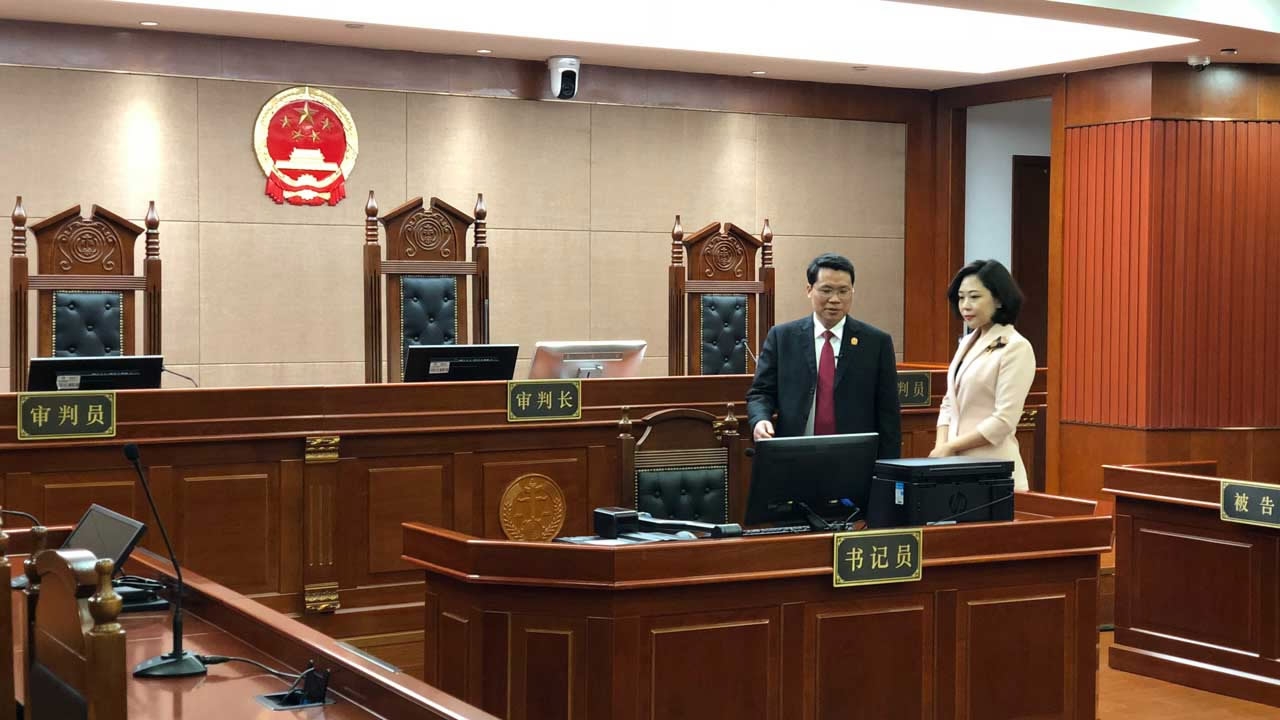
CGTN Photo
CGTN Photo
Though the court represents progress, some experts doubt it still faces challenges, such as how to facilitate litigants who aren't familiar with the Internet. They say authenticating evidence provided online also needs further study.
Thanks to the cyber court and booming e-commerce, lawyers will no longer be the only one salivating all the way to the bank.

SITEMAP
Copyright © 2018 CGTN. Beijing ICP prepared NO.16065310-3
Copyright © 2018 CGTN. Beijing ICP prepared NO.16065310-3